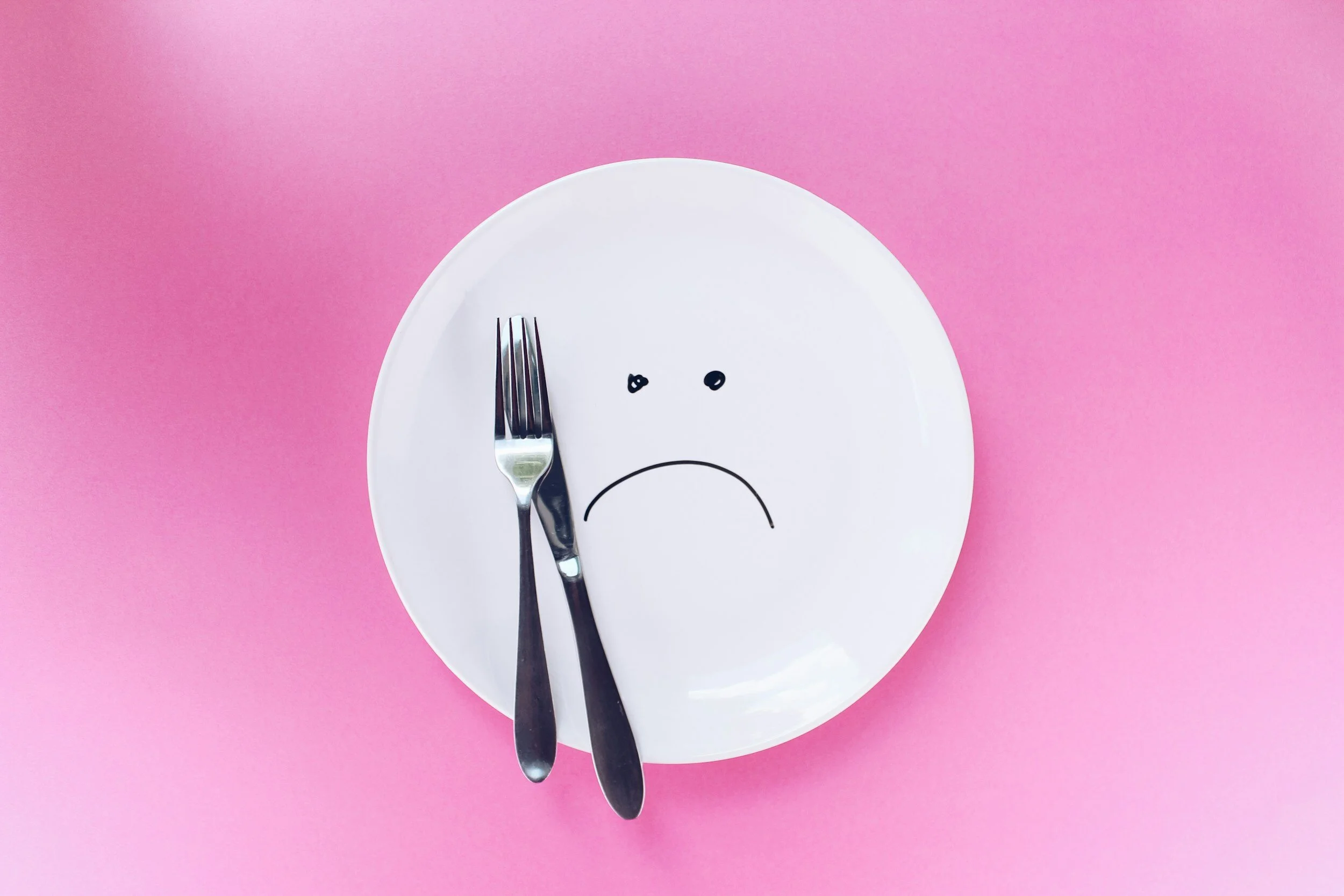5 Holistic Reasons You Should Avoid Counting Calories
Avoid counting calories as your primary strategy for weight loss — it may seem like an obvious solution, but it’s not always the best approach. Calories are the first thing we see on a nutrition label, and we’ve been taught since childhood that more calories are bad and fewer calories are good. So, cutting back should work, right?
Well, not necessarily.
While excess calories can lead to weight gain and a calorie deficit can lead to weight loss, neither scenario guarantees health, nutrition, or overall well-being.
It’s important to be mindful of your caloric intake, but if your goal is to be as healthy as possible, calories should be far from the first thing you consider.
Here are five holistic reasons why:
1. Not Sustainable or Practical
Your body needs a baseline of caloric energy to complete its everyday functions. And even then, natural fluctuations in metabolism, activity, and energy expenditure can make it nearly impossible to adhere to a fixed caloric target. More simply, setting yourself to a daily calorie intake is not practical.
A “healthy” amount of calories is based off far more factors than a predetermined number: the amount of exercise you accomplished in a day, the source of the calories, your individual metabolism, etc.
A better way of measuring your food intake is through intuitive eating, a concept that relies on your body’s natural ability to inform you when you’re in need of refueling. The idea is as simple as listening to your hunger and fullness cues. This is a far more sustainable relationship to food that, when combined with a nutritious diet, can help lead you towards a healthy weight.
2. Time Consuming
No one’s life was ever made easier by counting calories.
It’s more than looking at the nutrition label. There’s the calorie log, the weighing of portions, the calculations, the macronutrient content, and all the mental energy expended on what you’ll be eating next and when.
That takes time.
Time that could be going to healthy exercise, time that could be going to nutritional meal planning, time that could be going to recharging your mental energy with friends or family.
We should all be investing time in our health and wellbeing, but there are far more efficient and effective uses of that time than counting calories.
3. Negative Food Behaviors
Calorie counting relies on a restrictive mindset that amplifies feelings of guilt and shame towards food. This can lead to the sort of unhealthy relationship with eating and body image that can escalate towards even more dangerous habits and potential eating disorders.
Weight loss should always be approached with empathy. Managing your weight effectively takes time and should target realistic benchmarks. The goal is to develop healthy nutrition and lifestyle habits that will last, improve your overall wellbeing, and grow into enjoyable parts of your lifestyle.
Diet culture often promotes trendy tricks that may work in the short term but are difficult to maintain in the long term. Instead, search out supportive and like-minded communities that foster healthy living through acceptance and encouragement.
4. Lack of Nutritional Consideration
Far too often, calories and nutrition are discussed as if they amount to the same thing. They do not. It should go without saying, but 500 calories of organic vegetables are not the equivalent of 500 calories of processed potato chips.
(Psst … the veggies are healthier!)
The point is that focusing so much on calories overlooks the importance of the micronutrients (vitamins and minerals) in your food that fuel your overall health, from your immune system to your cellular function to your physiological processes and much, much more.
If the goal is to lose weight, then a nutritious diet is far more likely to bring long-term results than a low-caloric diet. When working with my own clients, I often will structure a meal plan centered around complete proteins (meat, fish, quinoa, soy), a moderate amount of healthy fats (nuts, omega-3s, avocados, olive oil), and complex carbs (starchy vegetables, whole grains, and berries).
5. Difficult to Sustain Positive Change
Even when it’s paying dividends, calorie counting is no better than a Band-Aid.
As we’ve covered already, counting calories is not a sustainable practice for weight loss, nor does it establish long-term healthy habits. The process of counting calories is no more than a means of measuring a specific element of your food consumption.
All this means that when you eventually give up counting calories, your old and unhealthy habits are right there to resurface as you haven’t made any lasting behavior changes.
By taking a holistic approach to weight management, the goal is to develop a full lifestyle that supports your health and nutrition goals, as opposed to relying solely on a singular and often misguided measurement.
What to Know About Healthy Weight Loss
Losing weight shouldn’t be a short-term goal. Weight loss should be part of a long-term journey towards overall wellness. That means that crash diets and quick fixes should be ignored in favor of lasting lifestyle and nutrition improvements.
If you’re interested in learning more, reach out for a free consultation. Through my personal consulting packages, I’ll work with you directly to devise a plan that’s unique to your lifestyle, health history, and goals.








